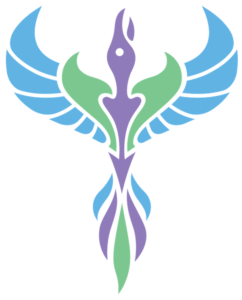Posts Tagged ‘shoulder pain’
Tightness in the Shoulders and Upper Back
Chronically tight shoulders
What does it mean to have chronically tight shoulders? It means leaving work every day with that twinge of tightness at the base of the neck; that slight bit of pain that can be felt when we articulate our shoulders overhead. We become so used to it because we can function without fixing it, but is this how we go about other problems? Maintenance of our body is like the maintenance of a house or car: pain and stiffness are the signals that tell your brain something needs to be fixed.
The role of the trapezius
The trapezius is essentially the central muscle in the upper back, and it is divided into three parts: upper, middle and lower. The upper trapezius connects from the lower back of the head to the clavicle and is the most active in a sit-heavy lifestyle. Are you familiar with that hunched over look that is so common in the office? It is a definitive posture of the desk-bound worker in which the upper trap is constantly contracted, pulling the shoulders up and inwards. Simultaneously, the middle and lower traps, which usually play a role in shoulder stabilization, are not being called upon to do anything so they weaken from lack of use, further shifting the burden of stabilization and articulation onto the upper trap. And voila, your shoulders are stiff and sore.
Shoulder tightness is a vicious cycle
If we let it go on long enough, chances are that something will give, and it could happen with even the most basic daily motion. Fortunately, chiropractic is tailor made for addressing tight shoulders. Because the problem is of a mechanical and muscular nature, we focus on releasing them muscles of the upper back from tension by using trigger point therapy. Using chiropractic adjustment, we restore balance to the thoracic spine, removing nerve irritation and improving range of motion. From here, it is a matter of strengthening and stretching the right muscles to ensure that they work in harmony to help you maintain good, pain free posture. Shoulder and upper back tightness are not normal and should not be treated as such; if you need help reversing this vicious cycle, give our office in Park Slope a call to schedule an appointment today.
Dr. Karen Thomas, D.C.

